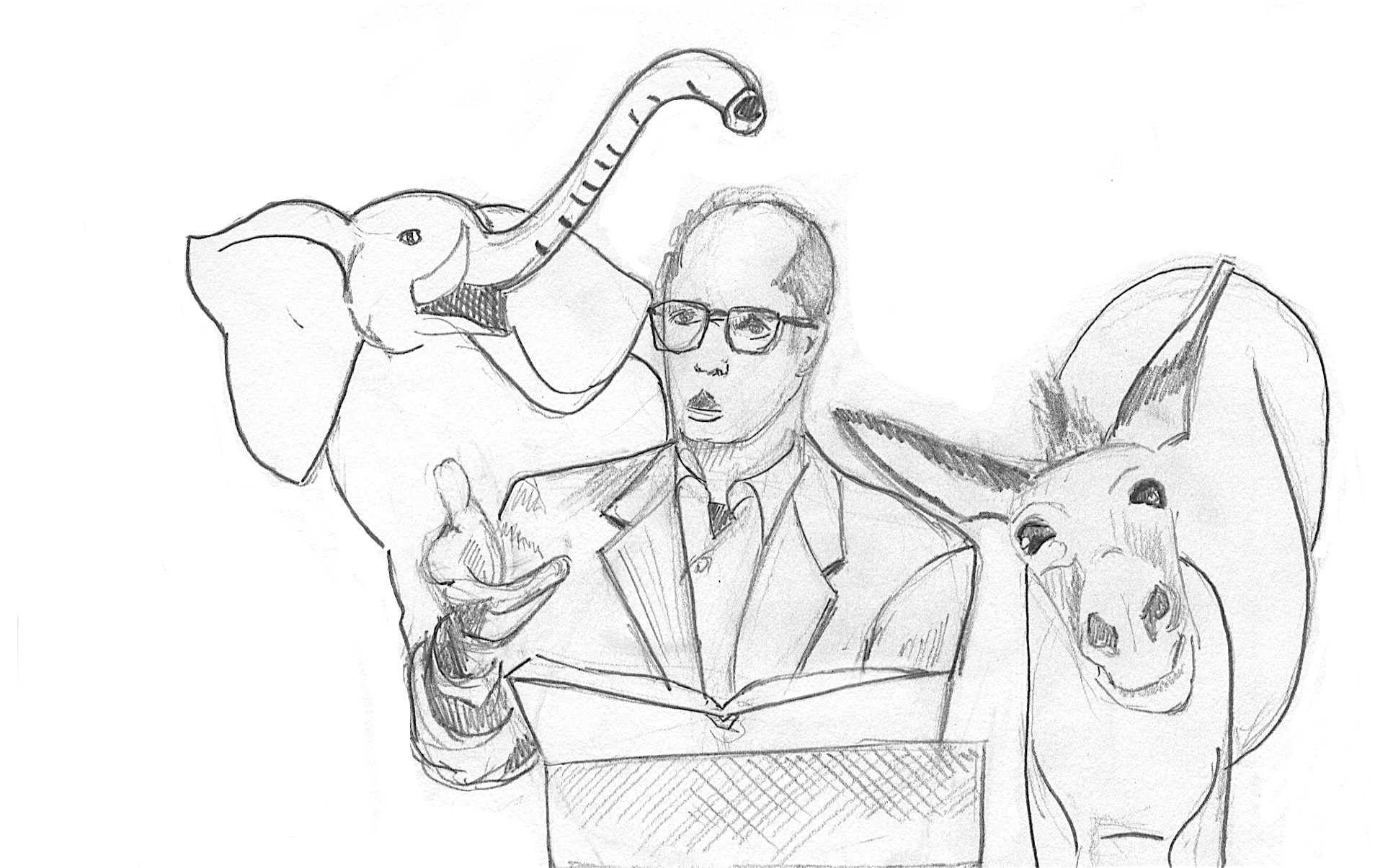The College of William and Mary is known as a nurturing community where students share great freedom to express their opinions and enjoy plentiful resources supporting them. The College has been working toward building an inclusive community for years; it is not hard to spot all sorts of organizations that stand firmly for students. We have great support for women, ethnic minorities, LGBTQ+ students and more. Nonetheless, it is essential for us to reflect upon what the College community is made of; our great Tribe family not only is comprised of students, but also of brilliant faculty, supportive staff, dedicated alumni and welcoming community members.
So how can we set the double standard that allows students to express their political opinions and affiliations candidly but asks professors to keep silent whenever politics are involved? We are proud to be an academic powerhouse where students and faculty engage freely in deep academic conversations. One basic prerequisite for any academic discussions is the absolute freedom of expression. Though it is hard to admit, politics have now saturated every aspect of our lives; they are everywhere. One effort that all academics are trying to make is to distinguish themselves from any possible relevance to the great politics. From my perspective, this act is essential in one way, but needless in another. We as scholars should defend the purity and independence of academia by resisting possible intervention from the political world. Meanwhile, it is equally important for us to engage closely with the ongoing political world, starting by allowing both faculty and students to discuss it in class.
By allowing professors to express their political opinions and stances, we can create a more productive academic community.
By allowing professors to express their political opinions and stances, we can create a more productive academic community. The College is much more than a liberal arts school where great minds meet; it is also a productive research university where students and faculty engage closely in producing first-rate academic works. One thing to notice here is that professors and students do not get their research ideas solely from their readings of piles after piles of papers but also from their day-to-day communication with each other. By allowing a more inclusive range of discussion topics in class, both students and faculty members could benefit largely, as this helps them to broaden their viewpoints and understanding of the world from multiple perspectives across the limits of ages and experiences.
People argue that allowing professors to speak freely about their political affiliations in class could easily influence students’ own opinions and political stances; thus, professors should not be allowed to express their political affiliation. As I have argued above, being different is good, but being willing to change is even better. As long as the professors are leading the conversation in a “healthy condition” under which students are welcomed and encouraged to express their own opinions and challenge the professors’ values. I see no problem with students’ ideas changing or, if they are eloquent enough, shaking the professors’ opinions. Overall, college is a place where students’ understanding of the world can get constantly challenged and refreshed.
“Hark! the students’ voices swelling, strong and true and clear.” Our alma mater has been encouraging generations of College scholars to pursue their personal goals fearlessly and to use their voices loudly. Now it is time to add one more line to this great alma mater to also hear the swelling of the professors’ voices. Only in this way can the College really be an inclusive family, not just for its students but for all people.
Email Alfred Ouyang at souyang@email.wm.edu

